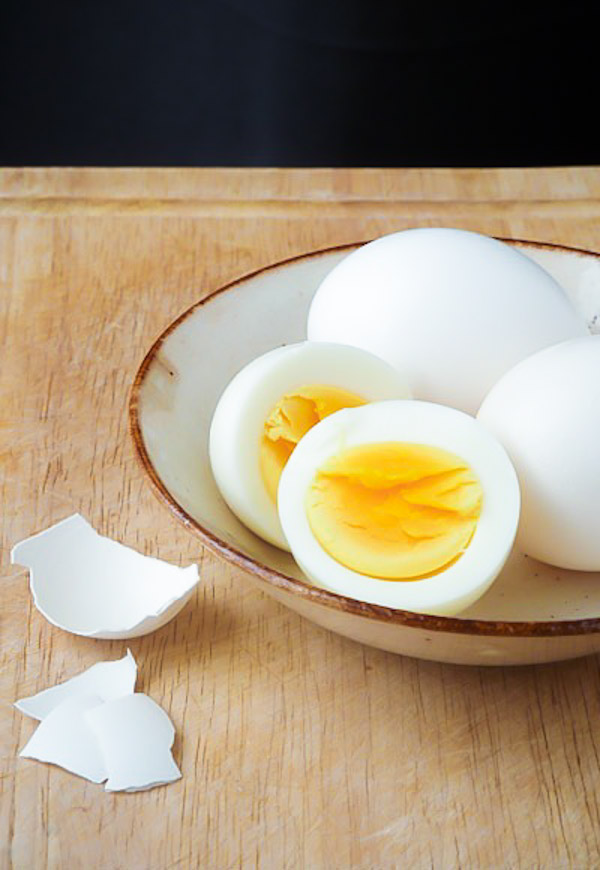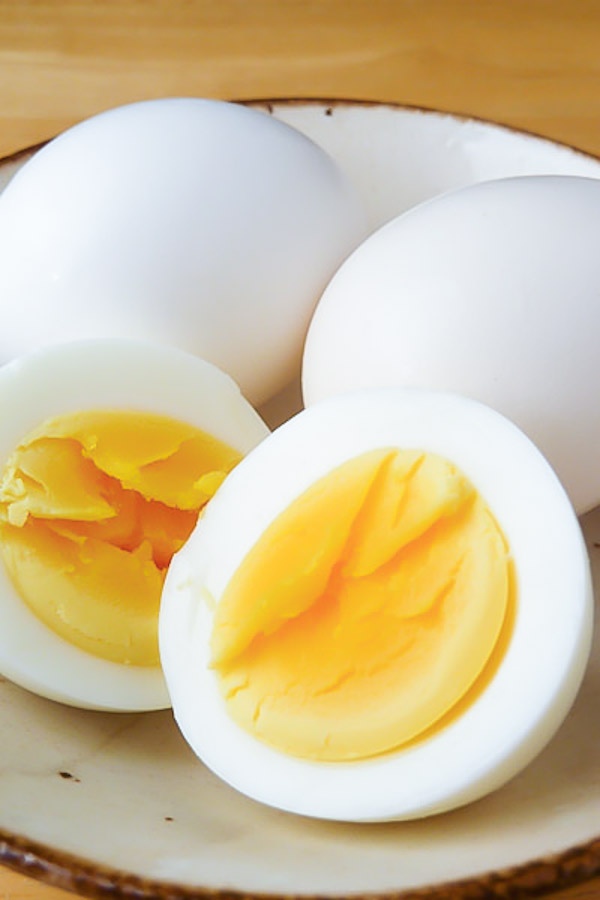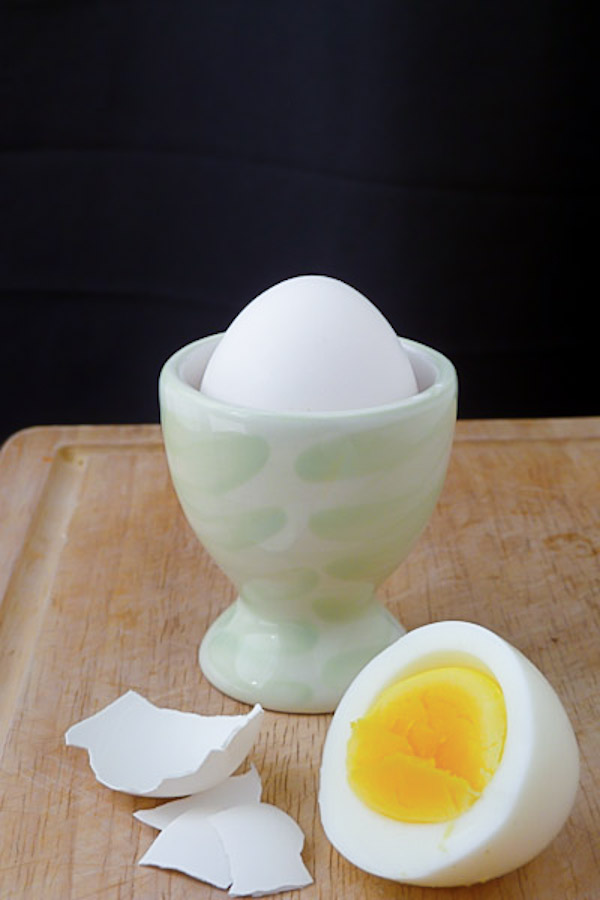How To Freeze Strawberries
/Strawberry season is sadly long gone with the first frost of fall. The last warm days reminiscent of summer are lingering. And the nights are getting cooler.

That's all the more reason to buy what's left of the fresh, local strawberries and package them up for the cold winter months when I need a little reminding of what summer air smells like.
This naturally sweet fruit is one of the easiest, simplest things you'll preserve all year round. It also makes a wicked jam.

Strawberries are very delicate and sensitive to heat, so it's best to freeze them shortly after buying (unless of course you're enjoying them fresh). I should note that refrigerating them does not improve their quality -it will only keep them fresh for 2 to 3 days. Warm temperatures will cause strawberries to brown because the pigments that make them red are heat sensitive and break down when exposed to heat. The all important Vitamin C is also heat sensitive, and will be lost as well when strawberries turn brown, or are heated when cooked.
When freezing your berries, whatever you do, please do not just lump this gorgeous fruit together into a plastic bag. They will just freeze together into a giant ball and get freezer burn. This will make it impossible for you to grab a handful of strawberries for smoothies and other things like dessert. Think of the vanilla ice cream! Let's give them a little tender love and care!
How to Freeze Sliced or Whole Strawberries
- Make sure you buy strawberries that are free of any mold. To wash, place berries in a colander and rinse under cold running water. Do not allow them to sit in water as they will lose colour, flavour, and nutrients.
- After washing, remove the green cap with a pairing knife without removing any of the fruit.
- Slice the berries (optional), lay them on a baking sheet covered in a sheet of parchment paper making sure there is minimal touching, and freeze until solid. At least 1 hour or longer.
- Transfer the berries to a plastic resealable freezer bag and store in your freezer for 6 months.











